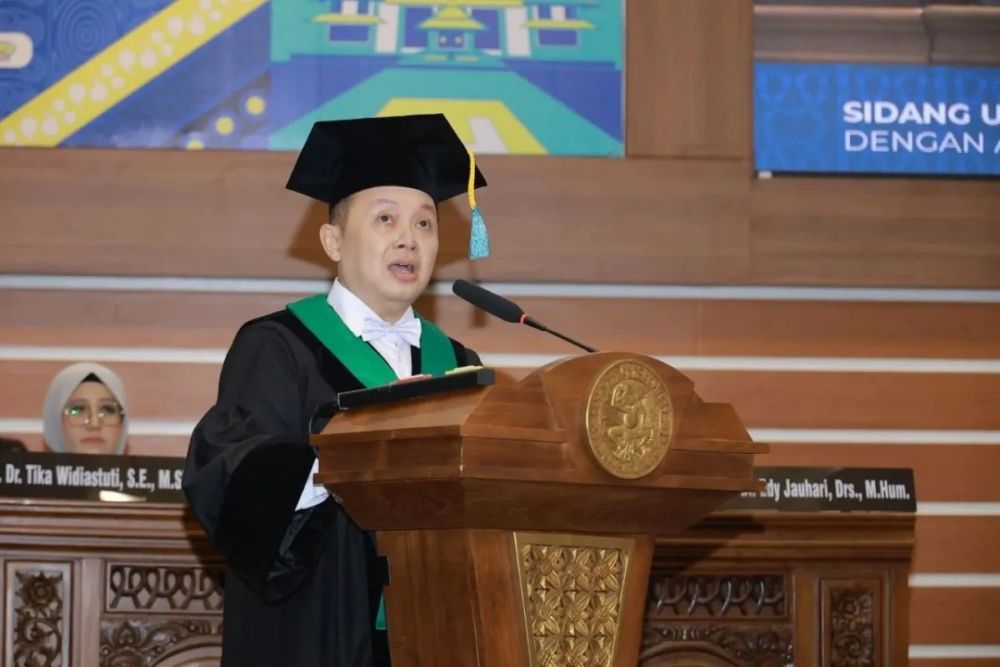A medical professor at Airlangga University, Prastiya Indra Gunawan, has developed a new epilepsy treatment method that involves administering midazolam intramuscularly and intranasally.

The new method can be a solution for treating epilepsy, for which electroencephalography (EGG) examinations have been used so far. The results of those examinations are often misinterpreted, causing excessive diagnosis of epilepsy and prolonged use of antiepileptic drugs, which is not necessary.
“Intramuscular midazolam is able to stop seizures within 45 seconds, while intranasal midazolam is able to stop seizures within 42 seconds. This is different from rectal diazepam, which takes 180 seconds,” Professor Gunawan, a pediatrician from Airlangga University, said.
He has received recognition as a pioneer in changing the procedures for handling childhood seizures and has obtained intellectual property rights (IPR). Gunawan officially obtained the IPR in 2019 and 2021 based on the research and publications he carried out in 2015 and 2016.
Gunawan has made other advances in the field, having diagnosed epilepsy in patients who were drug resistant and had been diagnosed with other causes.
“In terms of diagnostics, the diagnosed cause was infection, the diagnosed cause was head trauma, but now, we are also developing diagnosis to include autoimmune. Indeed, we have been able to diagnose patients who have epilepsy with a resistance to drugs. We continued to look for it, and the cause is autoimmune,” he said.
Even after the cause has been identified, seizures that are resistant to adequate medication are still difficult to treat. In this case, according to Gunawan, surgery can be an alternative.
Unfortunately, not all health facilities can perform epilepsy surgery. With the current technological advances, Gunawan said it is necessary to build a comprehensive epilepsy service center, an idea which he shared at the N-20 Conference during the G20 Summit in Bali in 2022.
“The key to this epilepsy center is to assemble the right team with the right people who have the same approach to dealing with epilepsy,” he said. “The epilepsy center will not only be for treatment but will help address social stigma. Many people with epilepsy feel isolated by their environment, hampered in their careers, and feel they have failed in their home life.”
With the establishment of the epilepsy center, Gunawan said he hopes that people with epilepsy will not only receive healthcare, but also see improvements in their social life. He also invited everyone to work together to care for epilepsy sufferers.
Reporter: Yashinta Difa Pramudyani
Editor: Tia Mutiasari
Copyright (c) ANTARA 2023
